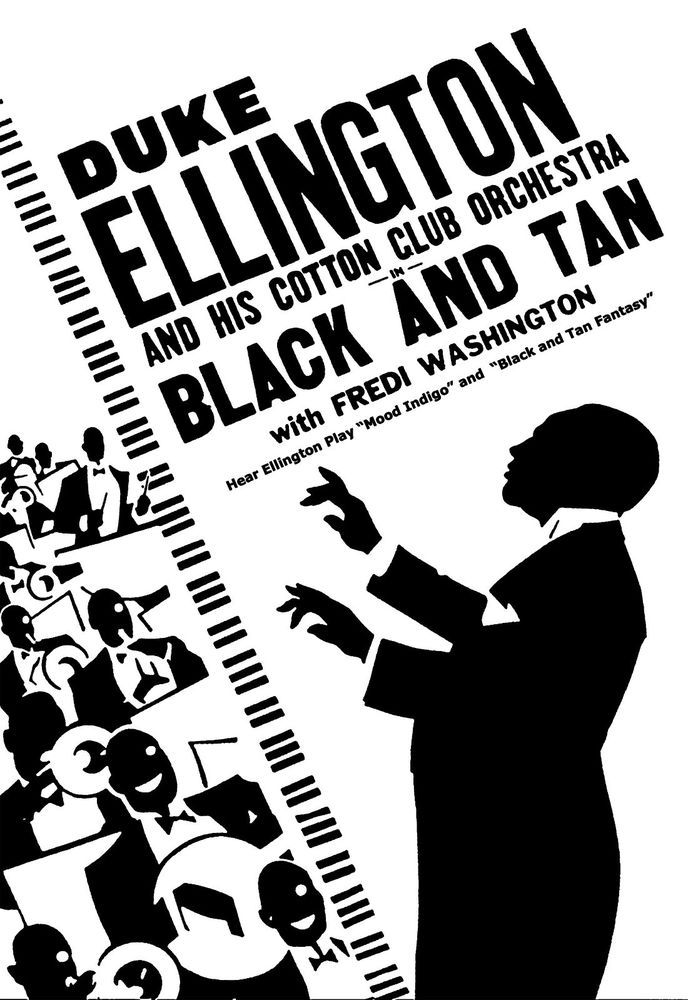Despite the view from some whites that jazz was a "classless" form of music, black musicians continued to play. The rhythms of jazz came to define day-to-day life in Harlem, a mix of syncopated tunes that filled the dynamic range of beautiful sound, a background drumline filled with melodious chords from a bass, all in a laid-back feel that stirred the souls of its listeners.
MUSIC
Jazz was a music style that embodied elements of soul, passion, and feeling. It connected the black community like nothing before, reflecting the sounds of Harlem life.
“At the bottom in the gut of jazz if you listen closely you can hear – no matter how complexly, obliquely, mysteriously stylized – somebody talking, crying, growling, singing, farting, praying, stomping, voicing in all those modes through which our bodies communicate some tale about how it feels to be here on earth or leaving, or about the sweet pain of hanging on between the coming and going.”
~ Zora Neale Hurston
Langston Hughes, Weary Blues, performance, Youtube.
"...Jazz to me is one of the inherent expressions of Negro life in America: the eternal tom-tom beating in the Negro soul–the tom-tom of revolt against weariness in a white world, a world of subway trains, and work, work, work; the tom-tom of joy and laughter, and pain swallowed in a smile."
~ Langston Hughes, The Big Sea
In 1926, Duke Ellington and his band began performing for the Cotton Club, whose audience was practically all white folk. His music was enjoyed by many and even allowed for limited degrees of cross-cultural appreciation. One of his hits, “Indigo Mood”, resonated with the black community all across Harlem and the nation.
Duke Ellington performing an excerpt from Indigo Mood, 1930, Youtube.

Cotton Club Poster, Pintrest.
Ella Fitzgerald, singer, PBS.
Ella Fitzgerald, a vocalist, quickly established herself as one of the leading voices of jazz during the Renaissance. Her singing was smooth and soulful, and her performances in the Apollo Theater developed a vibrant cultural scene in Harlem. She challenged racial and gender stereotypes, paving the way for future black, female artists.
Ella Fitzgerald singing I Let A Tear Fall In The River, Youtube.
"Music is a universal language, and it has the power to connect us all, no matter who we are or where we come from. I want to use my music to break down barriers and bring people together, because that's what music is all about."
~ Ella Fitzgerald